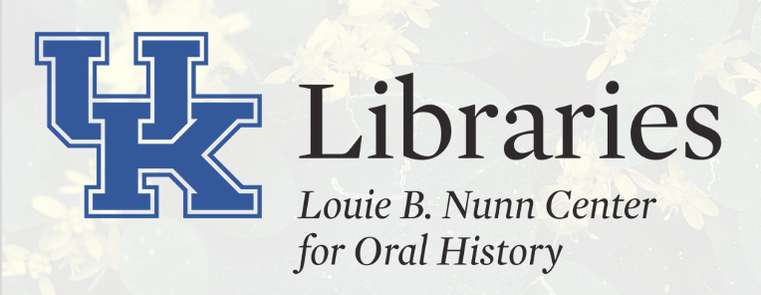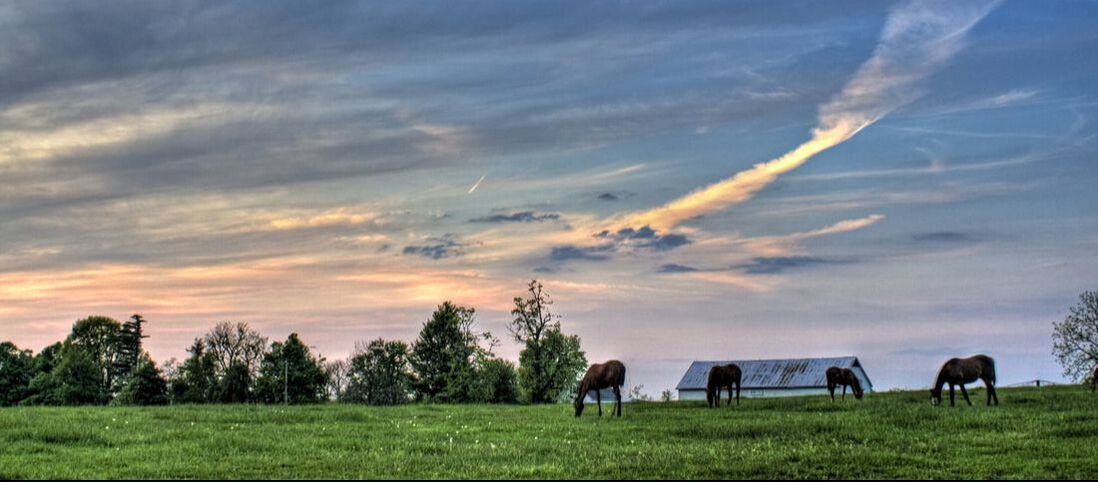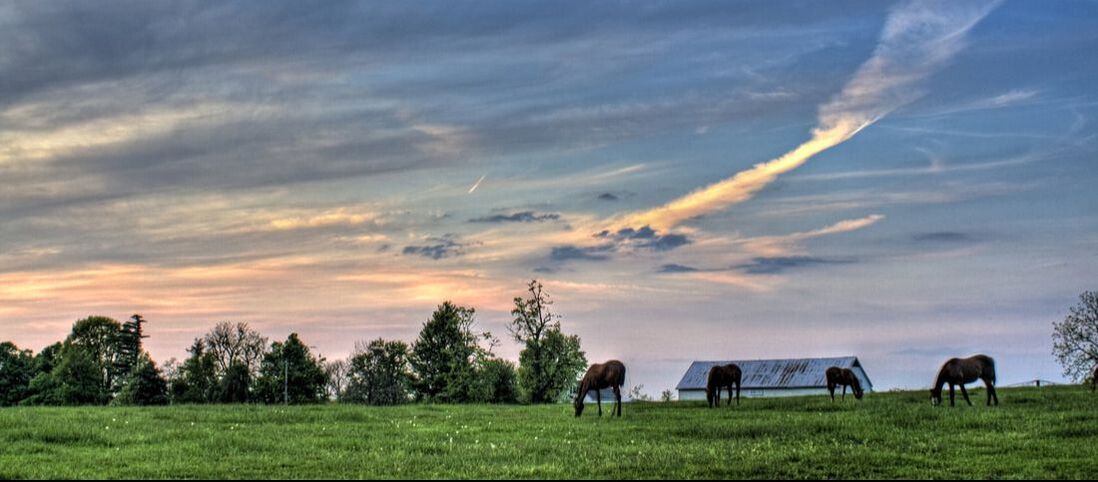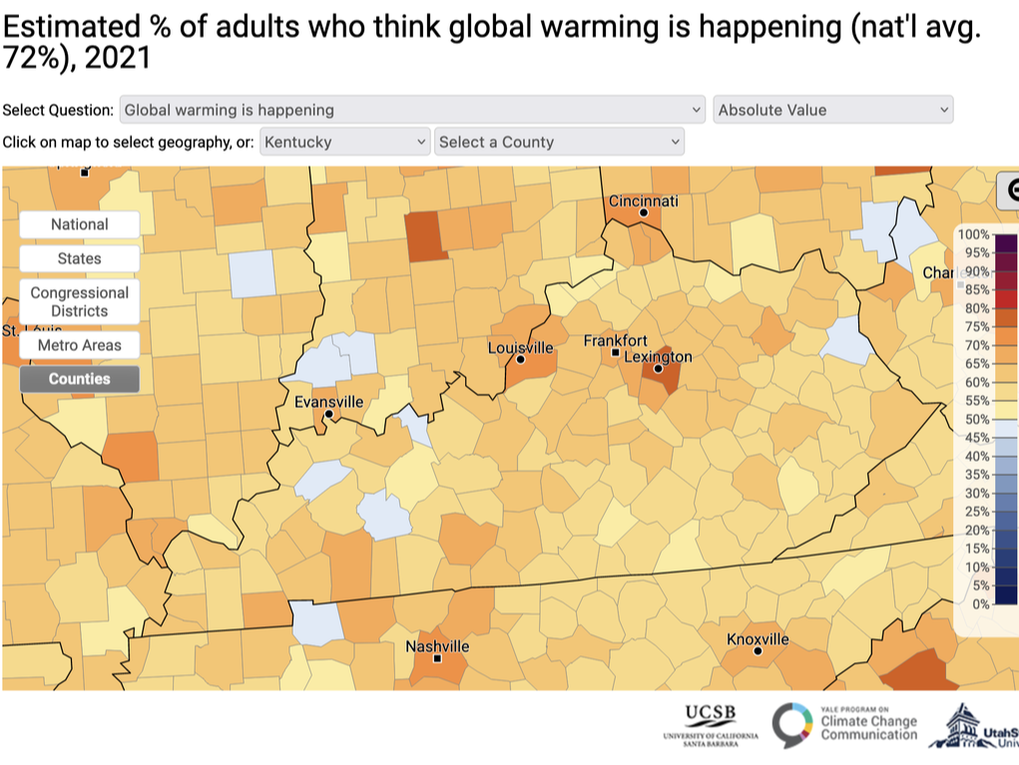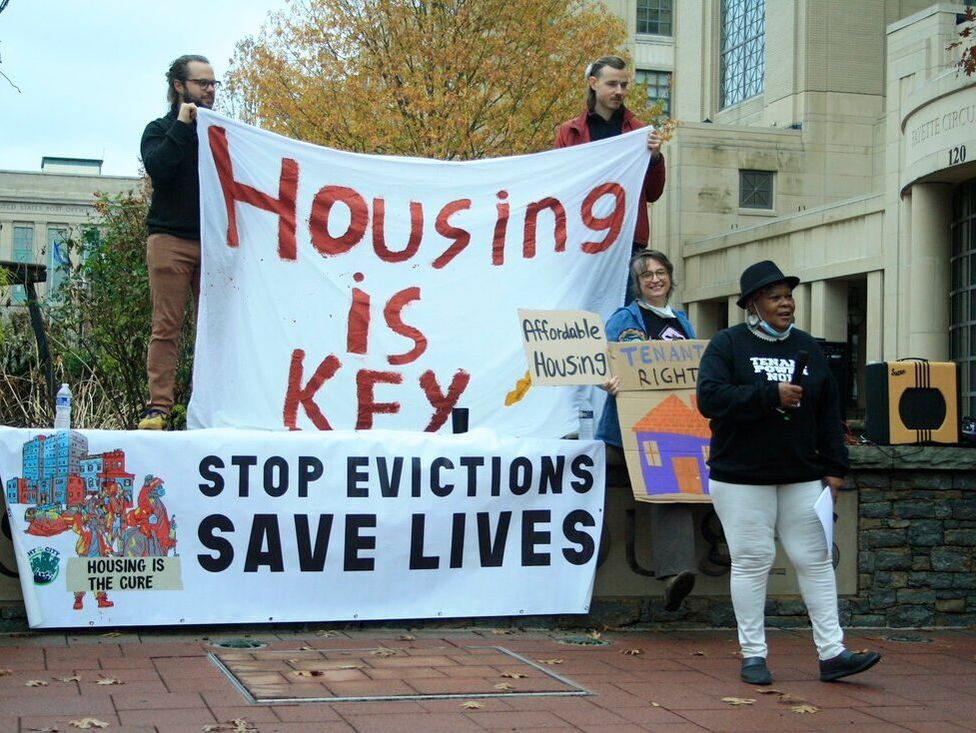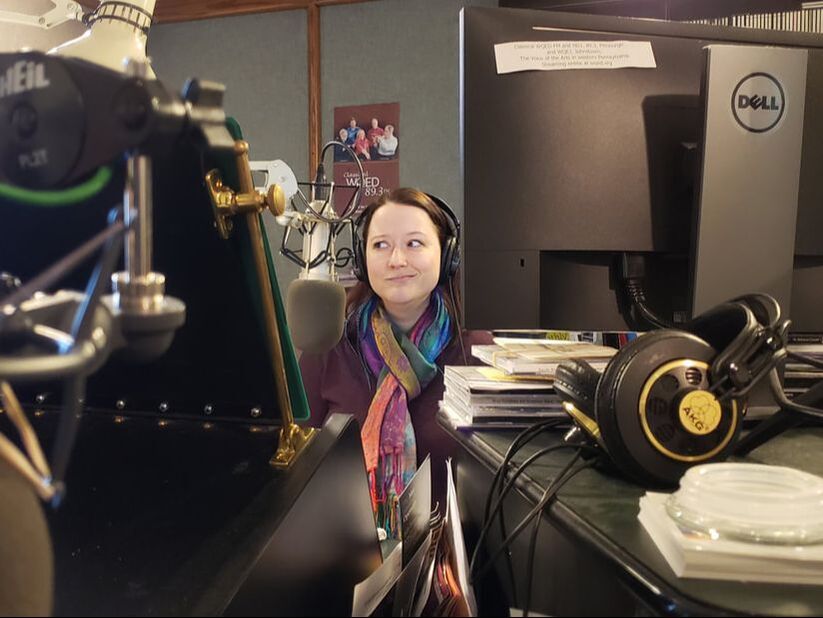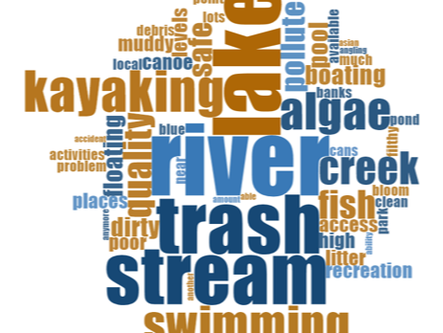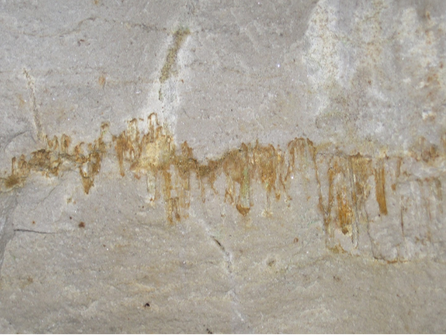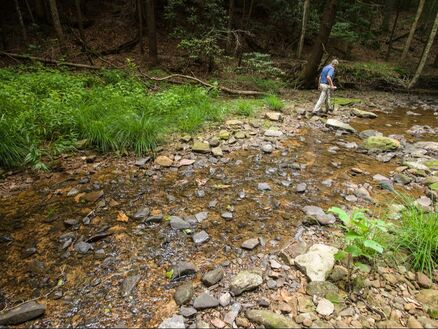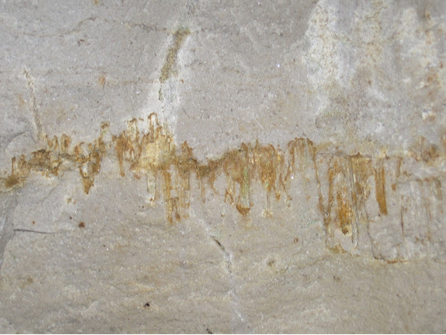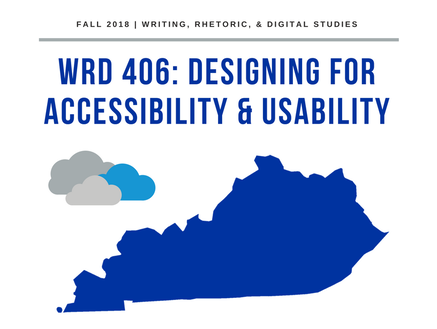The Kentucky Climate Oral History Project
UK Office of the Vice President for Research, February 7, 2024
This presentation provides a brief overview of the Kentucky Climate Research, Policy, and Activism project, which is a collection of oral history interviews with Kentuckians working on climate issues. The presentation covers what the project is, how it got started, how it was managed, and what's next.
Using Ancient Greek Rhetoric to Understand Contemporary Controversies in Kentucky
|
Climate Change: What It is, How We Know, and What We Can Do About It
|
|
This presentation provides a brief overview of rhetoric and the psycho-social factors that make communicating about controversial issues so challenging. After establishing that most communication problems can't be solved by simply explaining facts better or clearer or more loudly, Dr. Cagle offers a concept from rhetorical theory to help manage communication about controversies. "Stasis theory" is a way of analyzing arguments and articulating exactly what the points of disagreement in them are. Using a case study of debates about the flood relief fund in Kentucky, I show how the humanist tradition of rhetoric allows us to better understand why reasonable people disagree.
|
Dr. Amanda Gumbert and Dr. Lauren Cagle from the Kentucky Climate Consortium are excited to share the latest science on climate change and what we can do about it in a series of two presentations. In the first presentation, they’ll explain what we know about climate change and how we know it, then busting some common myths about contemporary climate change. They’ll focus on climate impacts in Kentucky, such as shifts in temperature and increases in rainfall. In the second presentation, they’ll talk more about rainfall and the water cycle in Kentucky, which affects our drinking water, stormwater runoff, and lawns, gardens, and other green spaces. You’ll learn about climate change and what you can do about it here at your own church and in your own homes and neighborhoods!
|
Using Lessons from Engaged Research to Develop The Kentucky Climate Consortium
|
Civility & Climate Change:
|
13 Ways of Looking at Climate Change in Kentucky
|
Bottling Serendipity
|
Engaged Technical & Scientific Communication
|
Crossing Boundaries into Communities
|
Insights into Communicating with Stakeholders about Water & Climate in Kentucky
|
"The New World Order behind the Green Mask": White Nationalism, Anti-Semitism, & the A21 Conspiracy Theory
|
How (Not) to Respond to Climate Change Denial
|
Evaluating and Addressing Climate Awareness and Water in Kentucky
|
Distributed Accountability: Technical Communication and the Non-Human Environment
|
Geoscience, Political Controversy, and the Public Interest
|
Service Learning as a Model for Legitimizing Rhetorical Evidence in Transdisciplinary Partnerships
|
Civility and Climate Change:
|
